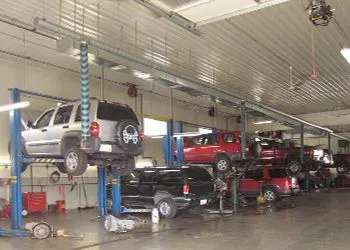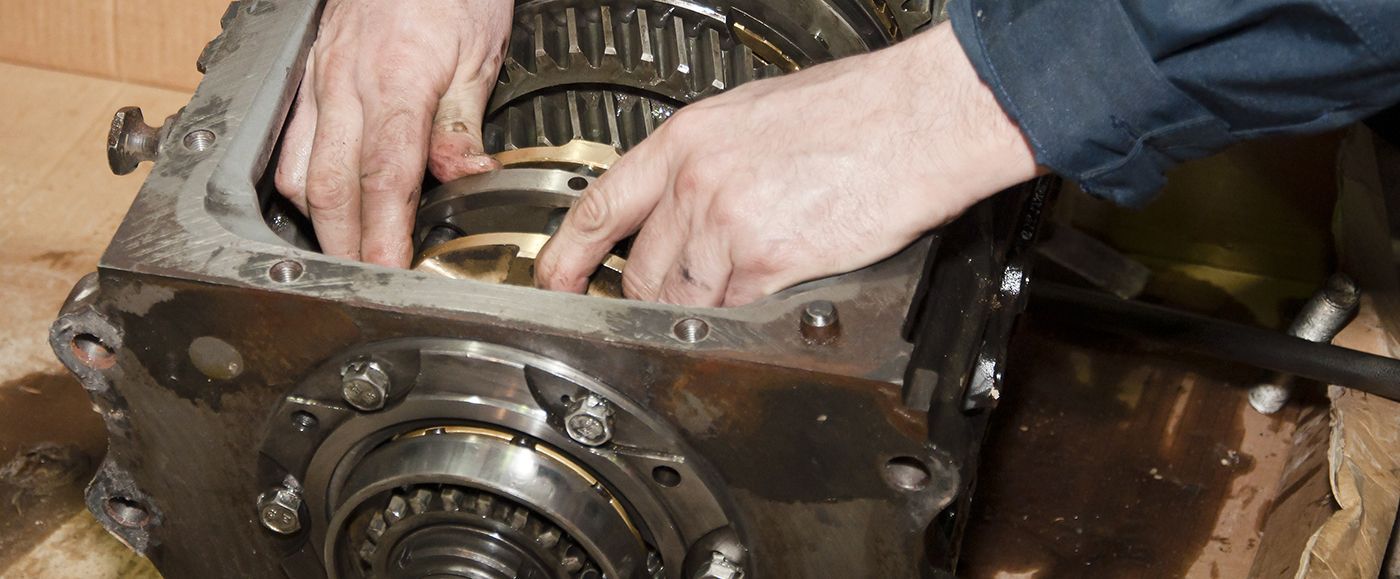Common Indications of Contaminated Transmission Fluid that You Shouldn’t Ignore

Your vehicle’s transmission fluid plays a crucial role in keeping the transmission running smoothly by lubricating its components, reducing friction, and maintaining proper temperature. Over time, the fluid can become contaminated with dirt, debris, and metal particles, leading to performance issues and potential damage. Recognizing the signs of contaminated transmission fluid early can help prevent costly repairs. At Waterloo Transmissions, we can expertly address issues related to transmission fluid. Here’s a look at four indications that your transmission fluid is contaminated.
Dark or Dirty Fluid
One of the most obvious signs of contaminated transmission fluid is a change in color. Fresh transmission fluid is typically bright red or pink. As it becomes contaminated, the fluid can turn dark due to the buildup of dirt, metal shavings, and burnt particles. If you check the dipstick and notice dark or murky fluid, it’s a strong indication that it needs to be changed.
Burnt Smell
Healthy transmission fluid has a slightly sweet or neutral scent, but when it becomes contaminated, it can develop a burnt smell. This odor is often a result of overheating and excessive friction inside the transmission, which breaks down the fluid’s lubricating properties. A burnt smell could mean that the fluid is no longer providing adequate protection, increasing the risk of internal damage. If you detect this odor, it’s important to have the transmission inspected as soon as possible.
Slipping Gears or Delayed Shifting
Contaminated transmission fluid can interfere with the transmission’s ability to shift gears smoothly. If your car hesitates when shifting or you notice unexpected gear slipping, the fluid may have lost its ability to properly engage the transmission components. Dirty fluid can prevent the hydraulic system from functioning correctly, leading to erratic shifting.
Unusual Noises
A properly functioning transmission should operate quietly, with minimal noise. When transmission fluid becomes contaminated, you may start to hear whining, grinding, or clunking sounds while driving. These noises are often caused by increased friction and a lack of proper lubrication, leading to excessive wear on the transmission’s internal parts. If you hear unusual sounds, it’s a sign that the fluid may be dirty and should be replaced before more serious damage occurs.
Transmission Service in Akron, OH
For
transmission service in Akron, Canton, and Dover, OH, contact Waterloo Transmissions. Our local transmission mechanics can expertly address your vehicle’s transmission needs in Akron and the surrounding area!





